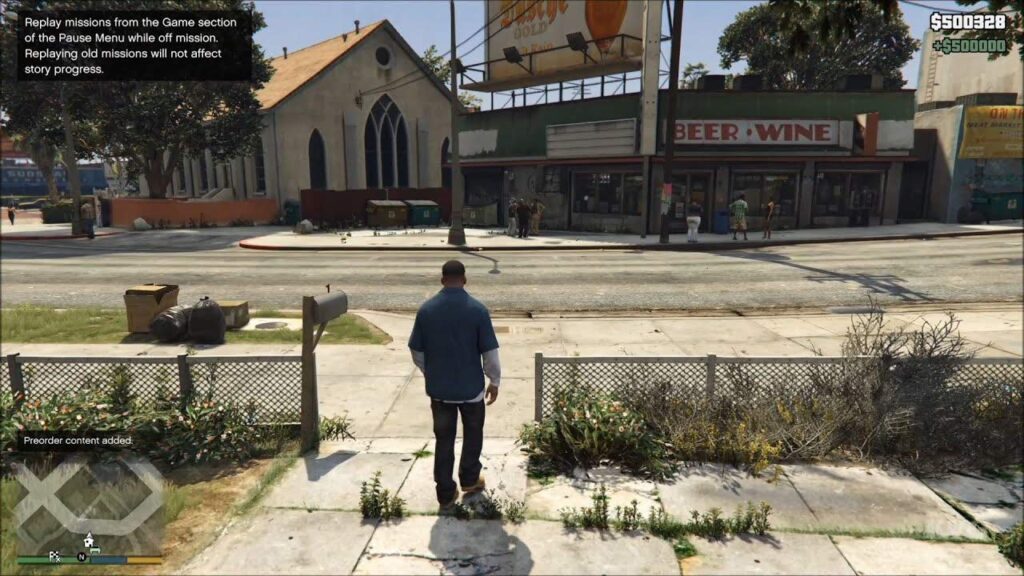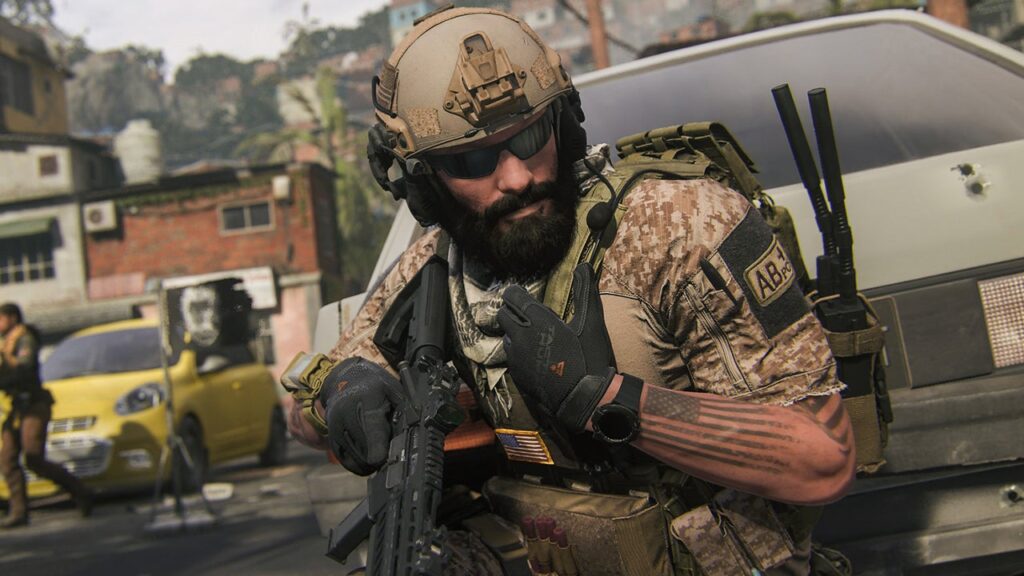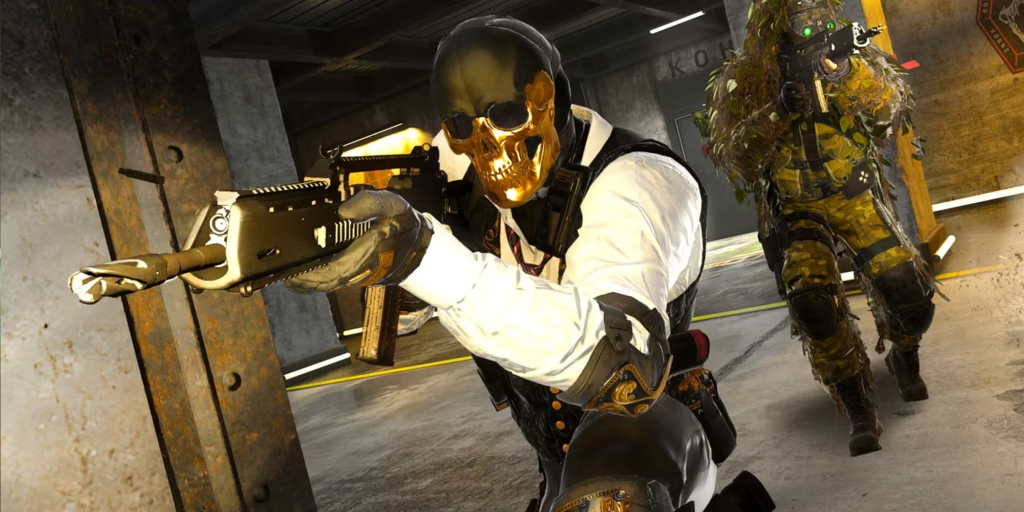Introduction to Online Gaming in GTA V and Call of Duty MW3
Grand Theft Auto V (GTA V) and Call of Duty: Modern Warfare 3 (MW3) represent two prominent titles in the online gaming space, each offering distinct gameplay experiences. Released by Rockstar Games and Activision respectively, these games engage millions of players worldwide through their online modes. In essence, while both games facilitate player interaction and competition, they do so in markedly different environments and styles.

GTA V is set in an expansive open-world environment, Los Santos, where players can traverse the city, engage in various criminal activities, and undertake missions with friends or strangers. The online mode, known as Grand Theft Auto Online, allows players to form crews, participate in heists, and enjoy a wide array of activities ranging from street racing to purchasing businesses. The freedom to explore the virtual world combined with the multitude of gameplay options creates a dynamic experience that emphasizes creativity and strategy.
On the other hand, Call of Duty MW3 places players in more structured combat scenarios, focusing primarily on team-based shooting mechanics within diverse multiplayer maps. The online experience here is rooted in enhancing one’s combat skills through various game modes, such as Team Deathmatch and Domination, where players compete against each other for dominance. This game emphasizes competitiveness, with players leveling up through skill-based gameplay and completing challenges, thereby unlocking new weapons and abilities that enhance their performance.

Both GTA V and MW3 foster player interaction through different mechanics, whether it be the freedom to navigate a sprawling cityscape or the intensity of team warfare. This section has set the stage for a deeper examination of how players progress, invest, and compete in these vastly different online environments, highlighting the distinctions and similarities that characterize their online gaming experiences.
Leveling Up: Fair Progression vs. Pay-to-Win
The progression systems in both GTA V and Call of Duty MW3 present contrasting approaches to player advancement, significantly influencing the overall gaming experience. In GTA V, players engage in a dynamic leveling system that rewards skill, time invested, and accomplishment rather than financial expenditure. Players can earn experience points (XP) through various activities such as missions, races, and combat scenarios within the expansive online world. This system encourages players to become adept at the game, as progressing to higher levels unlocks new features, vehicles, and customization options. The design fosters a sense of achievement and encourages continuous play, ensuring that performance and dedication are recognized.
Conversely, Call of Duty MW3 has been critiqued for adopting certain pay-to-win elements in its leveling-up mechanics. While skill and teamwork still play crucial roles in player progression, various in-game purchases can accelerate advancement. Players can acquire additional gear, weapons, and perks through microtransactions, which can lead to disparities between those who choose to spend money and those who may prefer a more traditional, skill-based approach. This creates an imbalance that can affect the competitiveness of online matches significantly. Newer players or those unwilling to invest financially may find themselves at a disadvantage, impacting their engagement and enjoyment of the game.
In summary, the leveling-up systems in these two titles illustrate the different philosophies towards player progression in online gaming. While GTA V focuses on fair progression through skill and dedication, the potential for pay-to-win mechanics in Call of Duty MW3 raises questions about equity and player satisfaction within its community. Understanding these differences is essential for players looking to find a balanced online experience that aligns with their gaming preferences.
Donations and Microtransactions: A Deep Dive
In the world of online gaming, microtransactions and donations have become commonplace, with both GTA V and Call of Duty MW3 offering players the chance to enhance their gaming experience through financial contributions. These financial practices vary greatly in their implementation and impact, leading to diverse responses from the gaming community. In GTA V, microtransactions primarily manifest in the purchase of in-game currency, allowing players to acquire unique vehicles, properties, and other gameplay enhancements. This method of monetization has drawn mixed reactions; while some players appreciate the ability to progress faster through the game, others argue that it creates an uneven playing field, favoring those willing to spend real money over dedicated players who prefer to earn rewards through gameplay.
On the other hand, Call of Duty MW3 employs a different model, focusing on cosmetic items and seasonal content. Through the sale of various skins and add-ons, players can personalize their experience without significantly impacting game balance. This approach has been generally received more positively by the community, as it allows for aesthetic expression without disrupting the fundamental mechanics of competitive play. However, it is worth noting that while cosmetic items do not directly influence gameplay, they can still foster a sense of inequality amongst players. Those who can afford to invest in additional content may gain social recognition within the community, potentially leading to divides.
Ultimately, the role of donations and microtransactions in both games highlights a critical intersection of player engagement and gameplay integrity. In GTA V, financial contributions can accelerate progression and access to exclusive content, while Call of Duty MW3 offers a more equitable model that enhances personalization without altering competitive dynamics. As players continue to navigate these systems, the question remains whether these practices contribute to a balanced experience or undermine fair competition.
Chances of Winning: Skill vs. Investment
When discussing the chances of winning in online gaming modes, it is essential to analyze the interplay between player skill and financial investment in both Grand Theft Auto V (GTA V) and Call of Duty: Modern Warfare 3 (MW3). The competition in these games is influenced significantly by the matchmaking systems they employ, which can affect gameplay experiences and the perceived fairness of matches. In GTA V’s online mode, the matchmaking process tends to prioritize player skill levels, taking into account numerous factors such as win-loss records and in-game performance metrics. Consequently, players who have invested time honing their skills can often find themselves matched against similarly experienced players, allowing for a focus on skill rather than financial superiority.
In contrast, MW3’s approach to matchmaking appears to lean somewhat more towards accommodating players who invest financially in the game. As players purchase new weapons, skins, or other enhancements, the differential in equipment can grant the financially invested players an edge over those who rely solely on skill. However, MW3 does attempt to provide balance through perks and skill-based matchmaking, hoping to create an equal playing field for all participants. Yet, this may not completely neutralize the advantage that financial investment can confer, particularly for casual players who may not dedicate the same time to mastering the game mechanics.
The determining factor of whether skill can outweigh financial investment is contingent upon the player’s dedication to personal improvement. Players proficient in tactics and strategies will often outperform those relying on paid advantages in the long term. Ultimately, the comparative design of both GTA V and MW3 provides a framework to assess competitiveness: where GTA V cultivates a more skill-centric environment, MW3 presents challenges that can be mitigated through investment, compelling players to find balance in their approach to winning.

